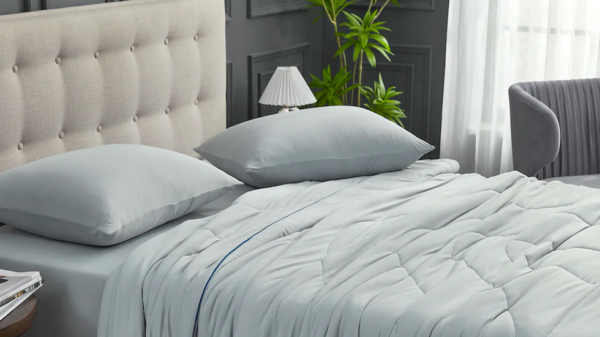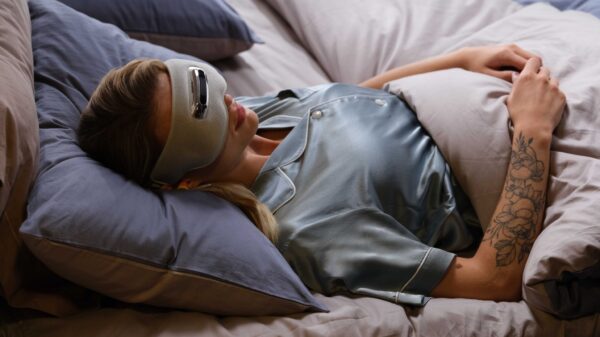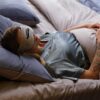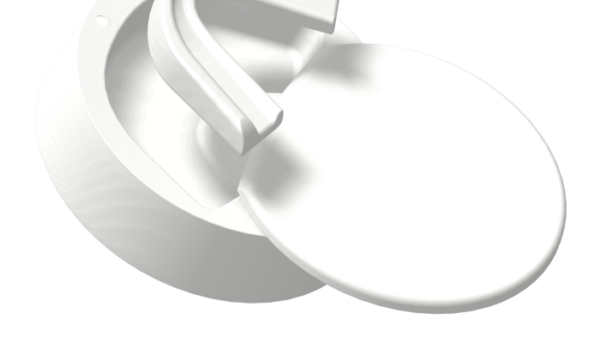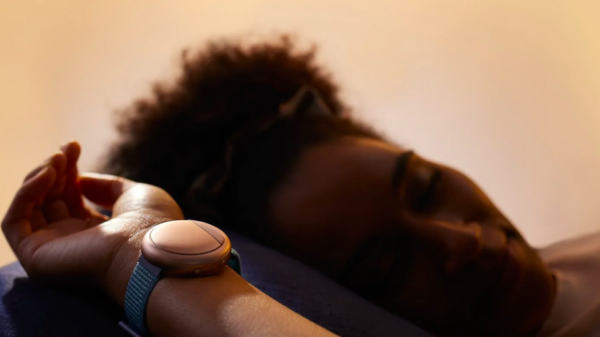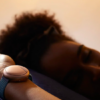Exposure to cellphones, televisions or screens before going to bed will not ruin a good night’s sleep, according to a new study by Swiss researchers.
A new study published last month in the journal Sleep found that despite the fact that some wavelengths of light cause a decrease in internal melatonin people don’t necessarily experience changes in their sleep quality or get affected the following day.
The study was published by researchers at the University of Basel and it looked into the light conditions that affect or suppress melatonin, which is the hormone involved in the sleep-wake cycle.
Researchers also looked into whether the light also modulates sensory processing during wakefulness and sleep.
For the research, 29 volunteers were exposed to two light conditions –short and long wavelengths– one hour before a participant’s bedtime. Researchers tested for melatonin in saliva, sleepiness and vigilance to determine the effects of the different lights.
The study showed that despite a 14 per cent decrease in melatonin after being exposed to short wavelength light, participants did not have differences in their sleep quality.
“Suppression of melatonin by light targeting the melanopic system does not automatically translate to acutely altered levels of vigilance or sleepiness or to changes in sleep, sleep quality, or basic sensory processing,” wrote the researchers on the study.

Read more: Are rare cannabinoids CBG and CBN the next sleep aids?
Read more: Sleep tech market to be ‘dominated’ by North American companies: DelveInsight report
Previous research has concluded that pre-sleep light exposure has been associated with a reduction in sleepiness, higher vigilance as well as a suppression of melatonin secretion.
The decrease in melatonin has also been related to delays in sleep onset or alterations in sleep caused by a certain kind of light which is found on screens and mobile devices.
“This notion has received support from findings that melatonin suppression is particularly strong when short wavelength proportions are high and that ‘blue’-blocking glasses can mitigate neuroendocrine and alerting responses,” reads the study.
Researchers of the study suggest further research into the sleep-related neuroendocrinal mechanisms.







